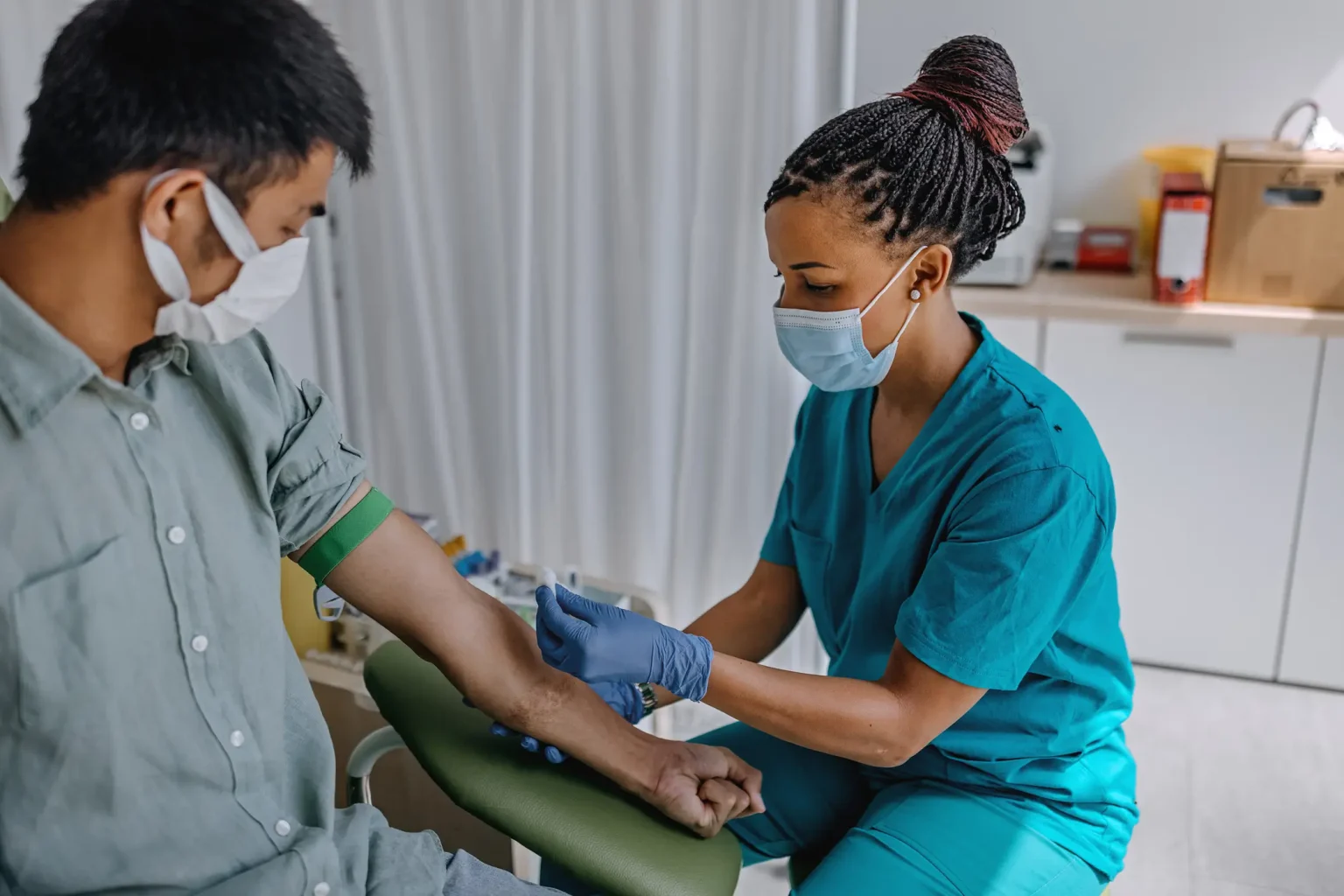
Program Path: Legal Studies
Are you interested in working in the legal field but not sure if you want to go to college for eight or more years to become a lawyer? Consider becoming […]
Program Path: Healthcare
Medical assistants are frontline support specialists. Allied health professionals, they assist licensed healthcare providers in doctor’s offices, clinics, and hospitals. However, their duties are far from ordinary. Trained to perform […]


Program Path: Business
The career of an entry-level office administrator, accounting clerk, and document processor is an excellent choice. If you are a person who likes organization, helping other people, and getting important […]
Call Us Today or Complete The Form at the Top of The Page to Take the Next Step Toward Your New Career!

Gwinnett
Colleges & Institute
Gwinnett Colleges and Institute cannot guarantee employment or a minimum starting salary upon graduation; however, placement assistance is available upon successfully completing the selected program.
For state authorization and accreditation information, please refer to the location page associated with the campus you are interested in.
Disclosures and Catalogs
For Consumer Information, Disclosures, and Course Catalogs, please click the above link.
Sources and related content